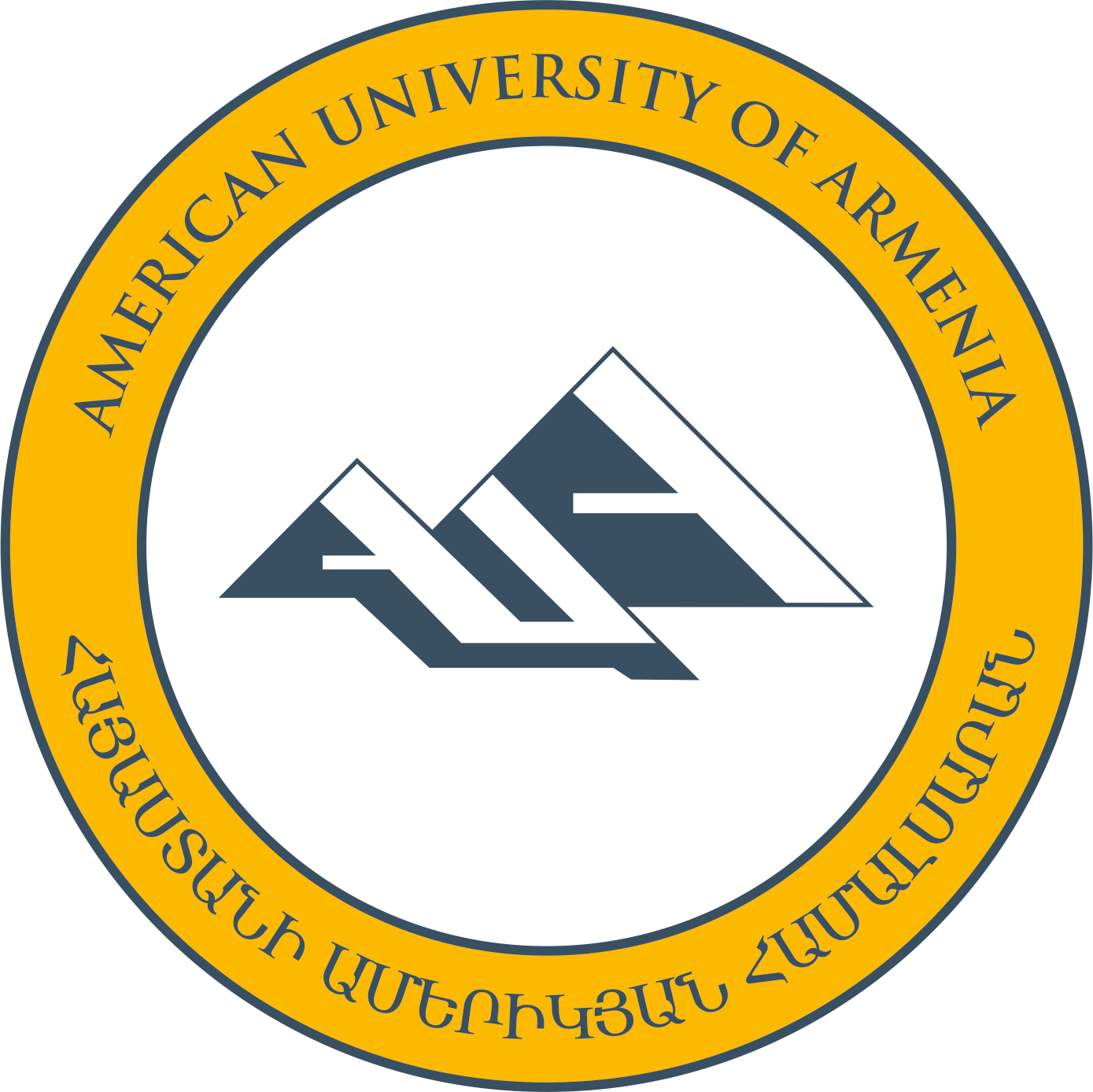Job Location: Yerevan, Armenia
Remuneration/Salary: Competitive compensation package, commensurate with qualifications and experience.
AUA Acopian Center for the Environment welcomes applications from well-qualified candidates for adjunct (part-time) faculty positions on topics of Ecosystem Services, Forests, Biodiversity, Environmental decision-making tools, and Mining for the undergraduate General Education program for the Summer semester 2018 and beyond. The course descriptions are provided below.
The courses require a commitment to the open, interactive and student-driven style of instruction and exploration that is a hallmark of an AUA education. All instruction is in English.
Applicants are required to have an earned degree (preferably doctorate) in a relevant field. It is expected that the successful applicant(s) will have experience in teaching and research, possibly with industrial applications and/or experience. Up to 5 years of practical experience in related field (private or public) is highly encouraged.
The position offers an exciting opportunity for an academic scholar to:
1. Teach courses in our undergraduate program;
2. Mentor and motivate students engaging them in the learning process; and
3. Take part in university academic life and committee work.
Application procedure
Please submit a brief cover letter and CV with the names and contact information for three referees by pressing APPLY ONLINE bellow this announcement.
Please note that we may not be able to respond to each applicant and only short-listed applicants may be contacted. Additionally, be informed that applications are reviewed as received.
As an institution of higher learning, the American University of Armenia (AUA) provides teaching, research, and service programs that prepare students and enable faculty and researchers to address the needs of Armenia and the surrounding region for sustainable development, in a setting that values and develops academic excellence, free inquiry, integrity, scholarship, leadership, and service to society. The AUA is a privately endowed independent American institution of higher education located in the Capital Yerevan in the Republic of Armenia, and is affiliated with the University of California and is accredited by the WASC Senior College and University Commission, 985 Atlantic Avenue, #100, Alameda, CA 94501, 510.748.9001.
AUA is an equal opportunity employer and is committed to an active non-discrimination program within the institution.
Course descriptions
|
ENV 204 |
Environmental Decision Tools: EIA, CIA, SEA, CBA |
When a project (e.g., a hydro-power plant, a highway, or a mine) is built or a program/policy (e.g., promoting agriculture, regulating car emissions, or increasing waste disposal fees) is adopted, it could impact the natural environment (air, water, soil, flora, fauna, and ecosystems) and the human environment (resettlement of populations, noise, dust, odors, vibrations, obstruction of views, etc.). How do we understand these impacts and inform project design and policy formulation to minimize, mitigate, or eliminate negative impacts? This course will discuss the tools available and commonly used to do this: Environmental Impact Assessment (EIA), Cumulative Impact Assessment (CIA), Strategic Environmental Assessment (SEA), and economic cost-benefit analysis (CBA). The course will also highlight the role of ecosystem services valuation as a relatively new concept that can enhance the effectiveness of decision-making tools introduced in the course. Instructor-led discussions and written assignments. PRE-REQUISITES: None but ENV 101 recommended. (3 credits) |
|
ENV 212 |
Mining |
The course introduces the basic concepts of mineral exploration, ore extraction, mineral processing, and mine-waste management. The course will have a particular focus on related environmental, occupational safety, public health and social management issues and approaches. As a quantitative science course, emphasis will be placed on statistical, scientific, and engineering tools for understanding better management of mining operations. Additionally, the course will introduce some of the legal and policy topics related to good governance of the mining sector in a country. Both international and Armenia- specific cases will be used to highlight concepts and effective practices. Instructor-led discussion, along with reading, written, and practical assignments. PRE-REQUISITES: None but ENV 101 recommended. (3 credits) |
|
ENV 250 |
Biodiversity: Conservation and Restoration |
This course is designed for undergraduate students to develop basic quantitative skills for deeper understanding of the causes and consequences of the current worldwide loss of plant, animal and other species. The course will cover the theory and practice of managing endangered species and the conservation and restoration of habitats and species populations. The course will emphasize how to apply science and the scientific method in the conservation and restoration of biodiversity. Worldwide as well as Armenia-specific cases will reviewed. A key expected outcome of the course is students’ competence in measuring trends using statistics and computing useful measures and indices. Three hours of instructor-led class time per week. PRE-REQUISITES: None but ENV 101 recommended. (3 credits) |
|
ENV 251 |
Forests |
Students will use statistical and scientific tools to gain a deeper understanding of forests, forest-related processes, and management of this critical resource. The course will offer an introduction to the types of forests worldwide, the role of forests in ecosystem that protect the living environment, and their significance to human economies and well-being. Students will gain insights in the ecosystem services that forests provide—for instance, their importance in climate and water-cycle regulation as well as biodiversity and soil protection. Forest management techniques and the role of good forest governance will be highlighted throughout the course. Topics will be supplemented by Armenia and Caucasus-specific cases and problem sets. Instructor-led discussion, along with reading, written, and practical assignments. PRE-REQUISITES: None but ENV 101 recommended. (3 credits) |
